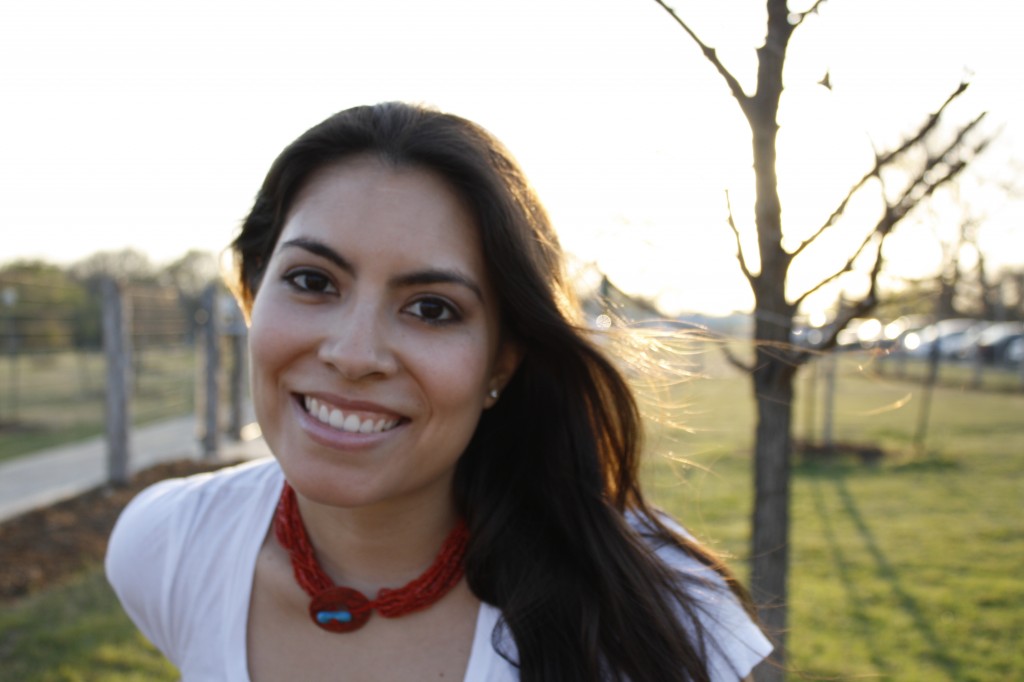When I first met Susan Shapiro, I was desperate. I had been kicked out of my parent’s house and spent two years drunk and high, scribbling mangled poetry in a railroad apartment in Bushwick, Brooklyn. Then, my dad’s father died in the Midwest and his funeral and family trip—with Dad, Mom and my younger brother—changed me in a way my 21 year-old mind had never expected. I craved family, the powerful joy it could bring, even the pain. Always ambitious, sometimes blindingly so, I took Susan’s class because she promised publication in New York’s top magazines and newspapers. Unlike Bennington, a clothing optional liberal arts college in Vermont I had attended for a year before becoming horribly depressed with the “vibe” of creating art only for the sake of art, Shapiro’s promise felt like redemption almost too good to be true. Yet, she was right. She broke through my cynicism, showed me caring and kindness could be parts of the cutthroat New York publishing world I had been navigating on my own. I thought as a kid born and raised in the rough Lower East Side of the early ‘90s I could handle anything, yet my lonely Jewish bookworm soul was indeed too soft for the succubi that came along with success. Shapiro, a hugely accomplished author, as well as teacher and former addict taught with sympathy and worldliness, a combination which captured my heart. Surprisingly, she saw a talent in me I did not, cultivated my voice, helping to get my first articles published with advice that felt more like miracles. Almost six years later, accomplished in my own right, I spoke with Shapiro about her unique teaching style, stalking poets, ambition, her Jungian astrologist and why isolation is disastrous for writers.
 ROYAL YOUNG: What were your first experiences with teachers?
ROYAL YOUNG: What were your first experiences with teachers?
SUSAN SHAPIRO: I’ve been blessed to have amazing teachers, mentors and shrinks that guided me. One of the things my shrink said to me early on which was very helpful was “Emulate people you admire,” also ‘Hang out with people you want to be.” When I moved to New York, I always used to joke that my friends back in Michigan would follow Bruce Springsteen, while I was really a Louise Gluck groupie. I still think that’s the thing to do. It’s almost insane to not try to meet the people who are your idols.
YOUNG: What do you think is so amazing about that personal connection? About meeting instead of just reading about?
SHAPIRO: The personal connection is huge. For seven years I stalked Harvey Shapiro, because I loved his writing and we had the same last name even though we’re not related. I had this fantasy based on reading his work that we would connect and then in real life we did. He wound up helping me, being a mentor, father figure and editor and it was so exciting. Of course, it doesn’t always happen like that. But when I choose literary idols, I really love their work, I reread it and memorize it and go to all their readings, so it’s not coming from a fake place. My heart has to really connect to someone’s work. But I don’t think there’s ever a rule that fits everyone.
YOUNG: Yet, I feel like you’re able to give pretty amazing general advice to your own students.
SHAPIRO: Yes, there’s a lot of general wisdom I can pass on that’s absolutely healthy and I love doing that. At the same time, I really try to help them out one on one as much as I can. I say to students, “What do you want?” In the first class, I ask “What is your fantasy?” and then I say “Okay, you can have it.” But I do try to be as individualistic as possible. Part of it is, I grew up being one of four kids who were too close in age. The things that worked for everybody never worked for me.
YOUNG: Part of what I think works so beautifully about your approach is not only are you asking people what they want, and helping them get it, but you work really hard on pulling out people’s strong individual voices.
SHAPIRO: Right, one of my other favorite lines is if you’re writing something anyone else could write, let them. Meaning you should only write things where you’re the only person in the world who could write them.
YOUNG: I’m sure teaching and writing for yourself give you two very different pleasures. Can we talk about the distinction and why one is important in helping the other?
SHAPIRO: I was a book critic for many years at the New York Times Book Review. Before I was teaching, one of the frustrations I found was that I was a really good critic, but figuring out what’s wrong with a book after it comes out and showing off how smart you are felt sad in a way, felt kind of cold. What’s exciting for me about teaching is I can take all the years I spent studying poetry and literary criticism and apply it to a living, breathing person and a project in progress to make it better. I find that so much more fun, exciting and useful. Also not having kids, my husband and I are both teachers and maybe there’s a maternal or paternal feeling.
YOUNG: One thing I found encouraging and magical when I was your student was that you were one of the only teachers I had that was still so connected to the working world.
SHAPIRO: Yes, most of my career has been as a teacher/journalist. I say journalism is literature with ADD. I really don’t think you can only learn journalism sitting in a classroom. You have to get out there. That’s how I learned. I like to throw people into it. Literally the first week I got to New York, my cousin Mike Greenblatt was an editor for The Aquarian and he just printed a bunch of my poems. It just was electric. I thought oh my god, I just walk into New York and I’m already famous! Of course, it was a tiny little piece and I only got like 12 dollars for it, but it was still mindblowingly exciting. Part of me wants to recreate that for my students.
YOUNG: There are so many people out there, in New York especially who are so petty. Something you always taught which I love is that we’re all working together. It’s not about competition, it’s about community.
SHAPIRO: Well, I’ll tell you the truth, it’s actually more selfish than that. I’m wildly ambitious and found early on that the people who have contacts and horde them to themselves, those people really wouldn’t get ahead. If I shared my contacts, people would share with me and then I’d have more. Everything good came back to me and started friendships. What I realized was I really wasn’t competing against other people, I was competing against myself. I don’t want to compare myself to Jonathan Franzen, I want to compare myself to where I was last year. I also feel that not only is helping others good karma, there’s a vicarious thrill. I have a brilliant Jungian astrologist who said to me recently after looking at my charts “You will help other people go further than you can take yourself.” On one hand, that was depressing, but on the other hand, I sort of felt like I knew what he meant. Instead of fighting against that, I’ve learned that it’s a good thing. If I have a legacy, it will be joint, both for my own work and for helping other people. The artists and writers who are really isolated are the ones I think die of addiction or have disastrous relationships and even though I understand you need to be alone to create your art, if you do it in a vacuum, I think it can make you an insane person and I don’t want to be that. For me, there’s something really beautiful about going out into the world and connecting with people and other writers. There’s kind of a family feeling, which I just need.






Comments are closed